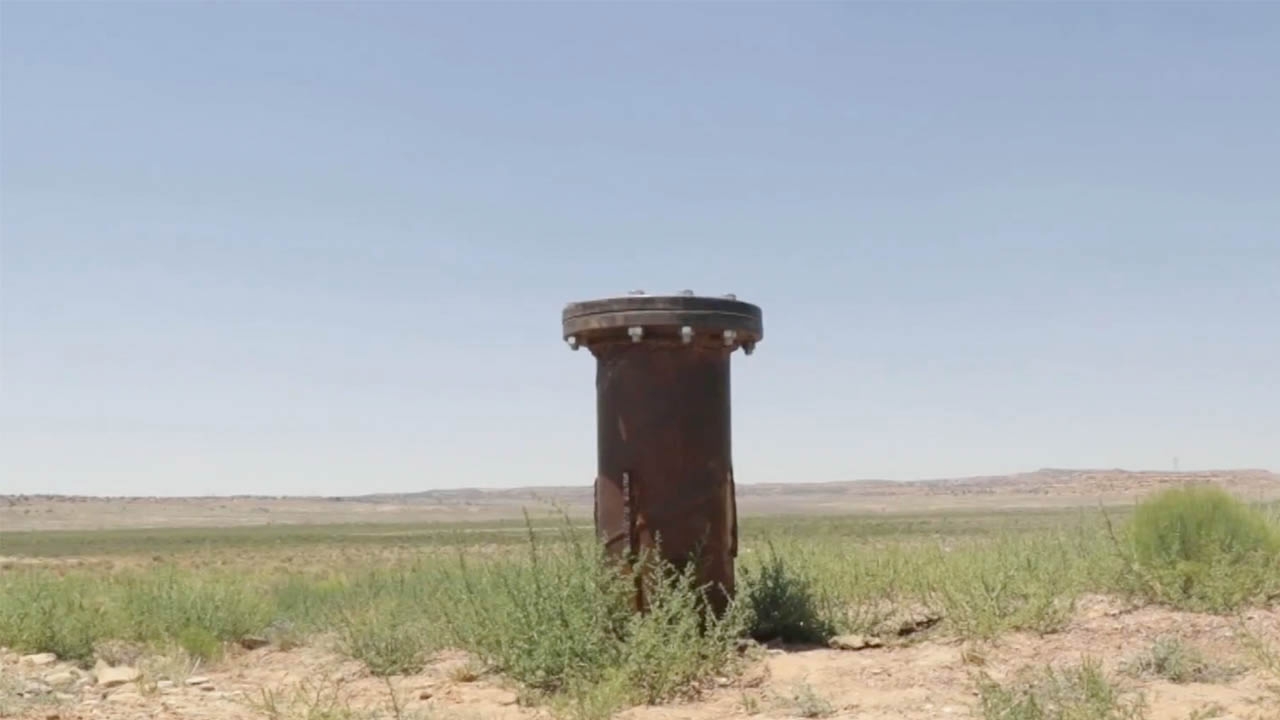
Resource
09:41, 13-Aug-2017
Unable to afford new wells, Arizona’s Hopi using arsenic-tainted water
By CGTN America

The Hopi Native Americans have been in the Arizona desert for thousands of years.
They say their community is the oldest continuously populated place in all of the Americas, but right now they’re in a fight for survival due to contaminated drinking water.
The only source of water in the vast high desert comes from underground aquifers, tainted with unsafe levels of arsenic. The toxic metal can damage almost every system in the human body, and has been linked to some forms of cancer.
At First Mesa Elementary School the kids drink either bottled water or from water fountains with special filters. The school’s faculty do all they can to protect the children, but they can’t continue protecting the kids when they leave. At home, students and their families have little choice but to cook with, bath in and even drink arsenic-tainted water.
Samantha Paul, a teacher, cooks with tap water, because she said she can't afford much bottled water for her daily life.
Paul is also part of a grassroots movement trying to educate people about the risks. But, getting people to pay attention hasn’t been easy.
“It’s really hard to comprehend and understand how long it’s gonna take to finally get clean water in our homes and in our schools,” she said.
The teacher has grown frustrated. She said the defects of low-dose arsenic poisoning can be subtle and take years to manifest.
For more than a decade the Hopis have known that their water is tainted, but the poor, isolated tribe simply doesn’t have the money to do anything about it.
However, two new wells in the area could reach 701 meters down into a new, clean aquifer. But, without money for pumps, electricity, and pipes, the water goes nowhere.
Adding to the reservation’s financial problem is a potential upcoming penalty for delivering non-compliant water. To avoid the fine, the community needs money to get the new wells up and running at a cost of more than 20 million US dollars.

SITEMAP
Copyright © 2018 CGTN. Beijing ICP prepared NO.16065310-3
Copyright © 2018 CGTN. Beijing ICP prepared NO.16065310-3